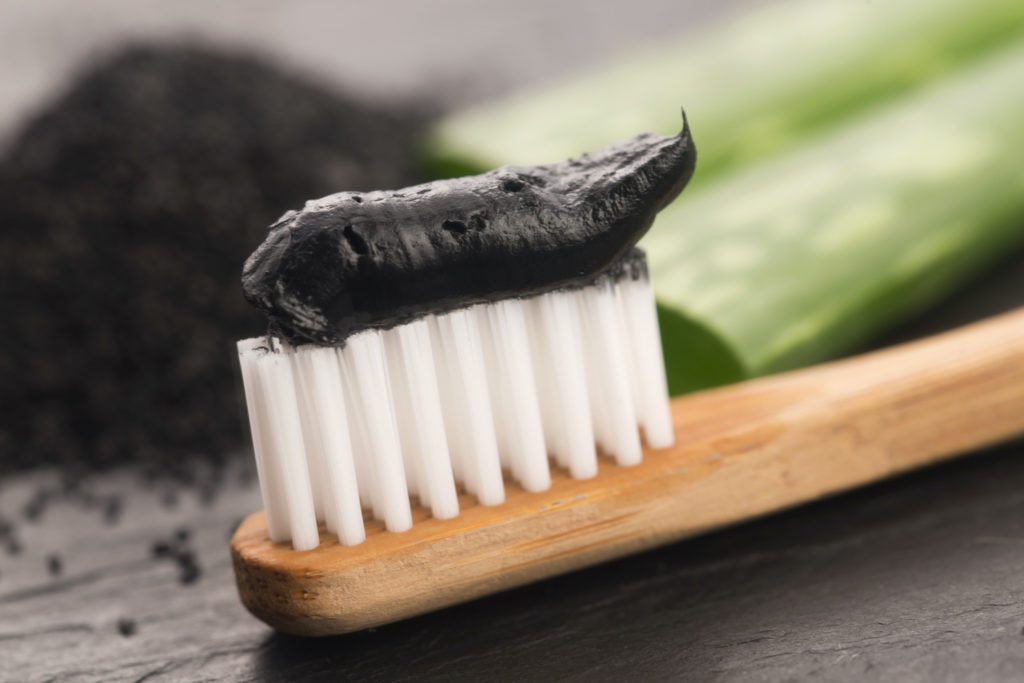There’s been a lot of buzz about activated charcoal. All of a sudden, it’s being seen in foods, soaps, face masks, toothpastes, and more. Manufacturers insist that activated charcoal in toothpaste whitens your teeth, but is this true?

toothbrush with black charcoal toothpaste
What is Activated Charcoal?
Activated charcoal is also known as activated carbon. It’s a fine black powder, made from superheating coal and other natural elements. It creates a porous substance. Typically, activated charcoal is used in emergency rooms to reverse drug overdoses. It’s only effective in certain overdose cases, and only for certain drugs.
It made its way into normal, everyday products. Advertisers for these products claim that activated charcoal eliminates toxins from the body. With toothpaste, marketers claim that it whitens teeth, remineralizes the enamel, and helps stop the harmful bacteria that cause tooth decay.
Activated charcoal does actually remove some discoloration from your teeth. However, it doesn’t reverse the yellowing of the teeth and can’t target deep stains. It only removes discoloration from the surface layer of your teeth.
The dentin layer is under that surface layer, the enamel. Dentin is usually what you’re seeing when you have discolored teeth. Dentin is naturally off-white, and our enamel thins over time. Our teeth appear discolored when this layer is showing through more prominently.
The Dangers of Activated Charcoal Toothpaste
Activated charcoal does have some pros for oral health. It removes surface stains and smooths the surfaces of your teeth with its abrasiveness. It also helps with bacteria and toxins that build up in the mouth. These cause halitosis – or bad breath – and activated charcoal minimizes the impact they have on your breath.
But activated charcoal toothpaste does more harm to your mouth than it does good. Its abrasive nature does smooth your teeth, but it also thins out your enamel. Abrasive toothpastes wear down enamel and your teeth will appear more yellow with long-term use of this toothpaste. That off-white dentin layer becomes more exposed as your enamel thins.
If your child uses charcoal toothpaste, it hinders the development of their teeth. Because it’s abrasive, it doesn’t allow the teeth to develop in the way they should. It can actually damage or harm your child’s teeth as their mouth is growing and developing.
Lastly, it actually increases the surface roughness of your teeth. It may appear to smooth your tooth surface, but it changes the surface of the tooth to be rougher. A rougher surface makes it easier for bacteria and food particles to adhere to your teeth. More bacteria means more tooth decay and cavities.
Schedule an Appointment With Your Plano, TX Dentist
Dr. Mark Sowell is an experienced dentist in Plano, TX. If you’ve been using activated charcoal toothpaste and are suffering issues caused by it, we can help. Call us or schedule an appointment online today.
